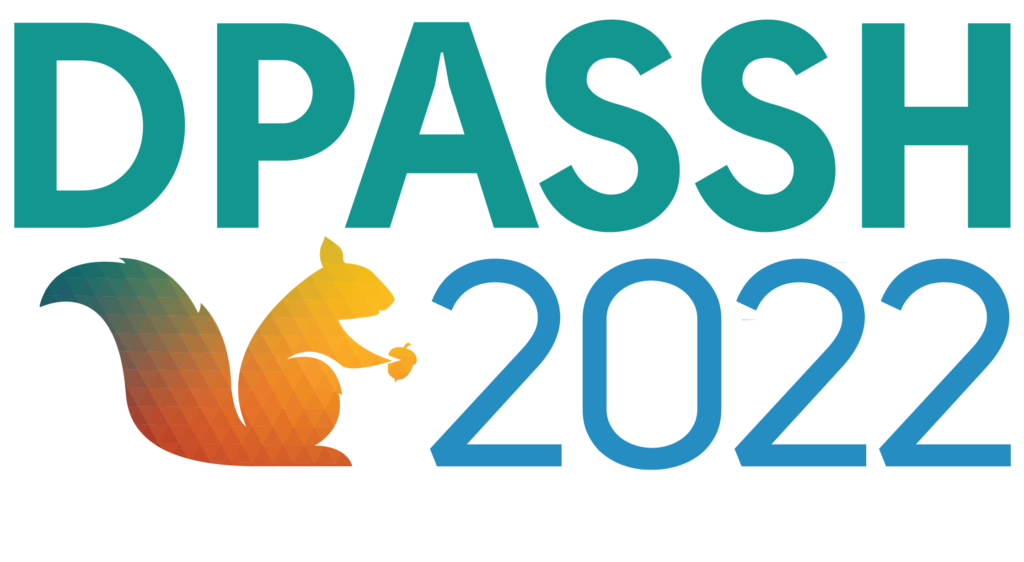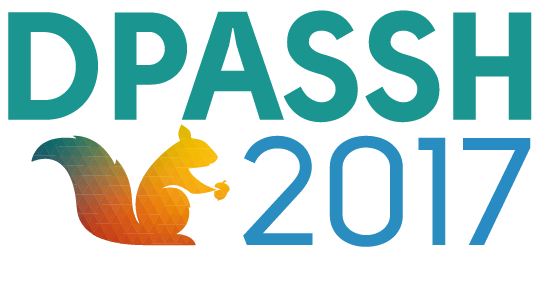DPASSH Conference
About DPASSH
The Digital Preservation for the Arts, Social Sciences and Humanities (DPASSH) conference is a biennial event by the Digital Repository of Ireland (DRI) that responds to questions relating to digital preservation within the arts and social sciences subject domain.
The conference seeks to address the complexities of long-term digital preservation in the social and cultural realms and provide a platform for early career researchers, academics, scholars, cultural heritage and research institutions, as well as libraries, archives and industry to engage with the domain and exchange ideas on solutions.
More information on DPASSH 2024
Previous Conferences

DPASSH 2022 was on the topic of ‘Digital Preservation of Religious Collections: Conversations and Collaborations’. This conference combined online workshops on 27 June 2022 with a hybrid-format conference on 29 and 30 June 2022 where presenters and audiences attended online or at the Royal Irish Academy in Dublin.
A wrap-up of the event can be found in this blog post on the DRI website.

DPASSH 2019, the third biennial conference, took place in collaboration with Queen’s University, Belfast on 5 Dec 2019. The theme was ‘Practical Approaches to Open Research in Arts, Humanities & Social Sciences’ and included sessions from a host of research data experts.
Find out more on the DPASSH dedicated website.

DRI hosted the second DPASSH conference in collaboration with the Sussex Humanities Lab (SHL) at the University of Sussex, Brighton, 14-15 June 2017. The theme was ‘Preserving Abundance: The Challenge of Saving Everything’.
Find out more on the dedicated DPASSH website.

The first DPASSH conference took place in 2015 from 25-26 June in the Croke Park Conference Centre, Dublin, Ireland. The inaugural theme was ‘Shaping our Legacy: Safeguarding the Social and Cultural Record’.
Find out more on the DPASSH website.
DRI is funded by the Department of Further and Higher Education, Research, Innovation and Science (DFHERIS) via the Higher Education Authority (HEA).




